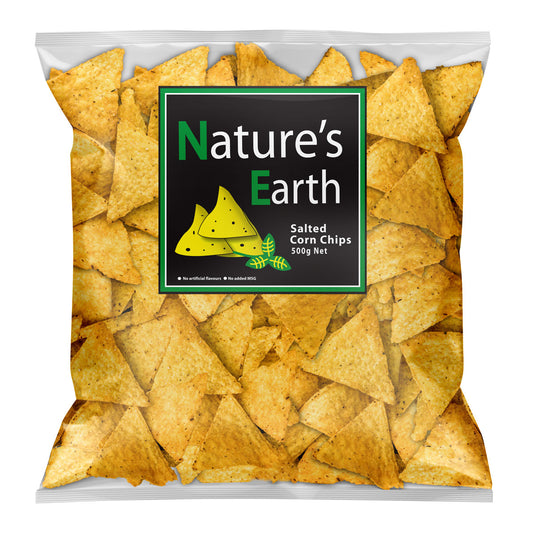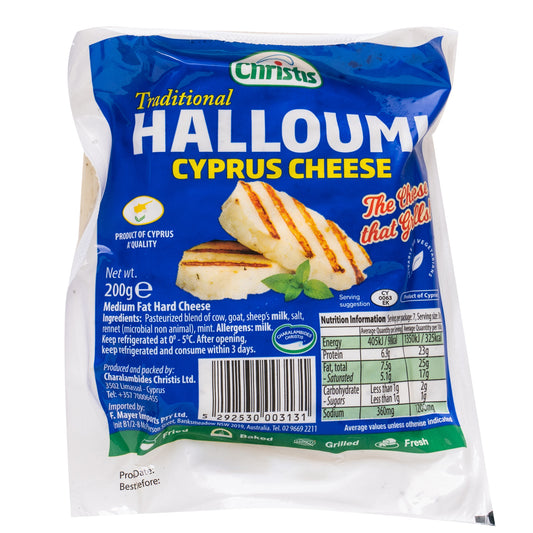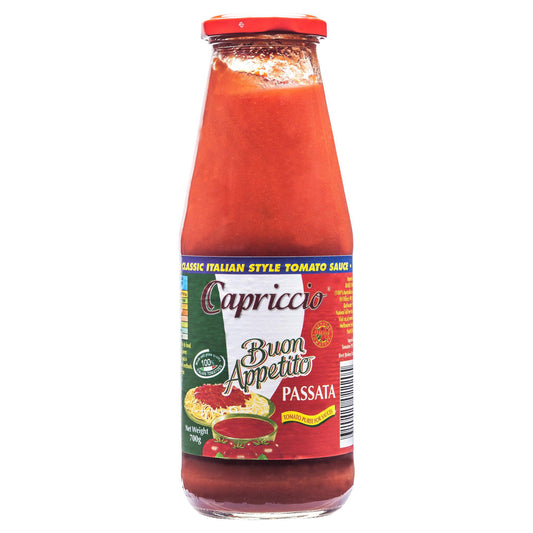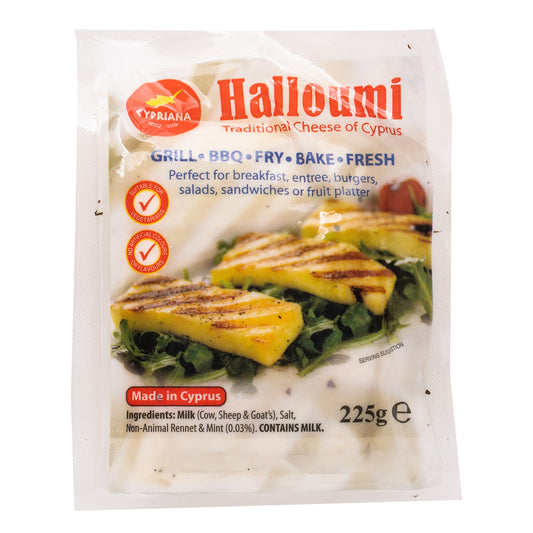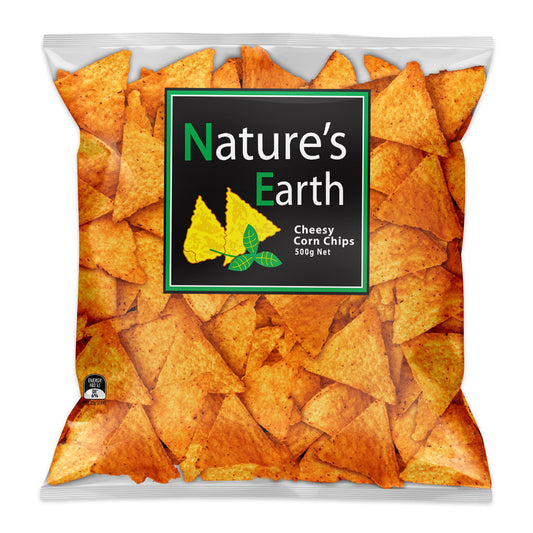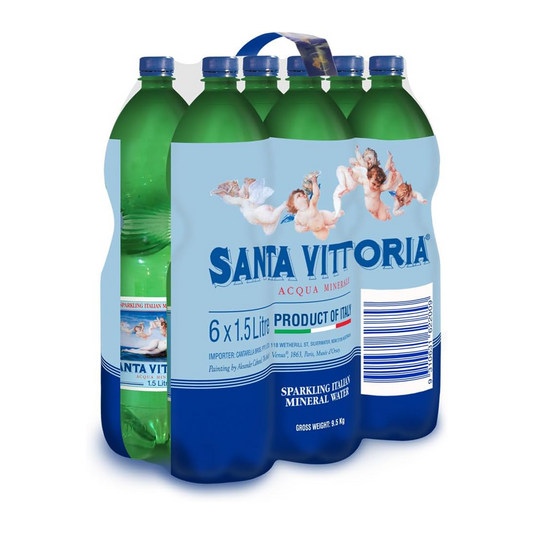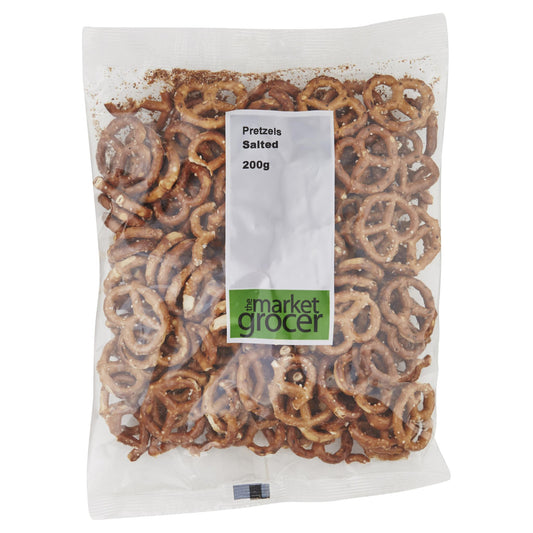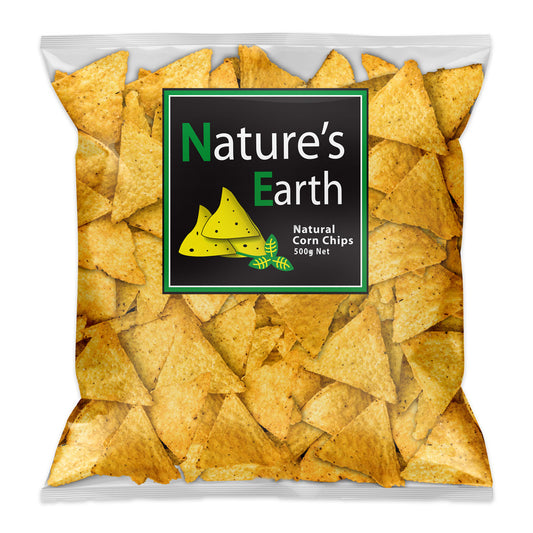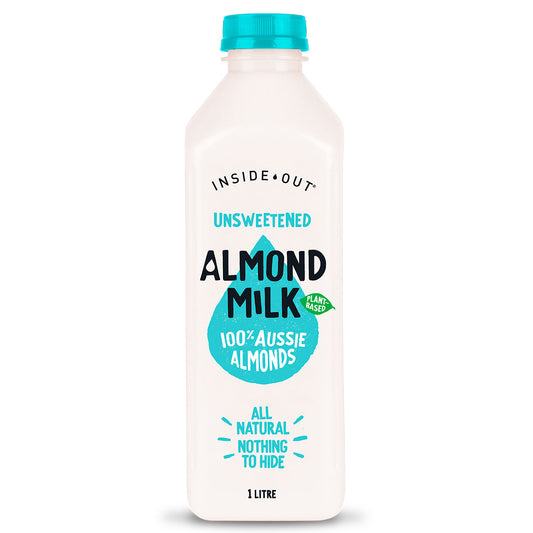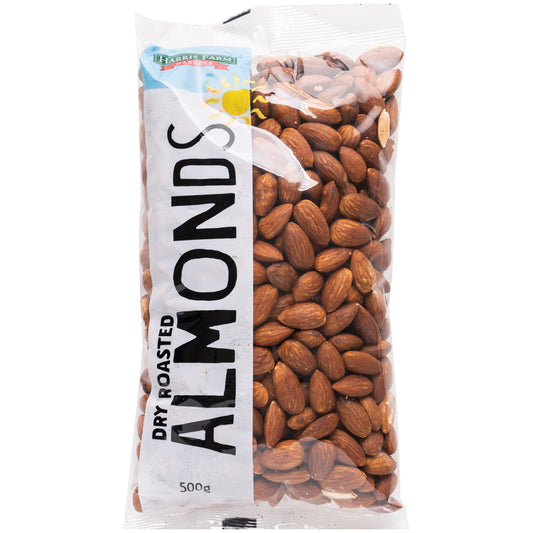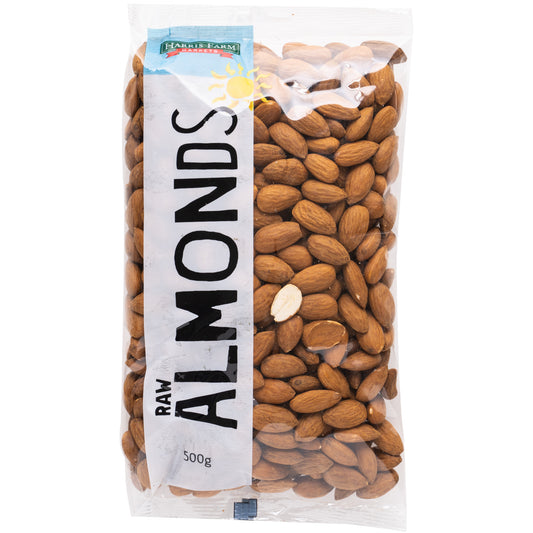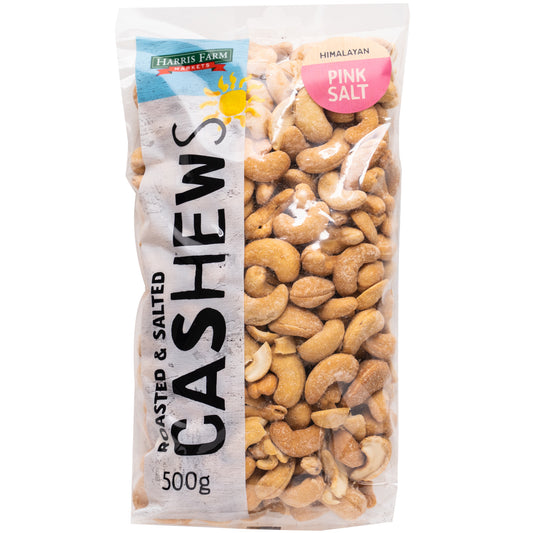
With its distinct liquorice taste and crunchy texture, fennel tends to be one of those vegetables that you either love or hate…. Well we love it and not only because of it comes with an array of health benefits! Did you know that all parts of the fennel plant (including bulb, stalk, leaves and seeds) are edible, and the seeds are used as a condiment in many recipes! Here are 4 reasons why you should include fennel in your diet:
Relieves indigestion and bloating
Fennel is an excellent source of fibre, which has a tonne of health benefits including relieving indigestion and promoting regular bowel movements. The high fibre content of fennel adds bulk and helps to soften your stools, making it is easier to pass and helping to relieve any feelings of bloating. Other research has shown that fibre also plays a role in regulating our immune system and helping to prevent inflammation in the gut, helping to keep our digestive tracks healthy in the long-term.
Healthy skin
Fennel is packed with nutrients that provide natural skin care. Vitamin C plays an essential role in maintaining skin health and is involved in the formation of collagen, an important protein needed to build healthy skin, muscles, blood vessels and bone. Eating foods like fennel, which are high in Vitamin C, can help protect against aging by promoting looking after your skin.
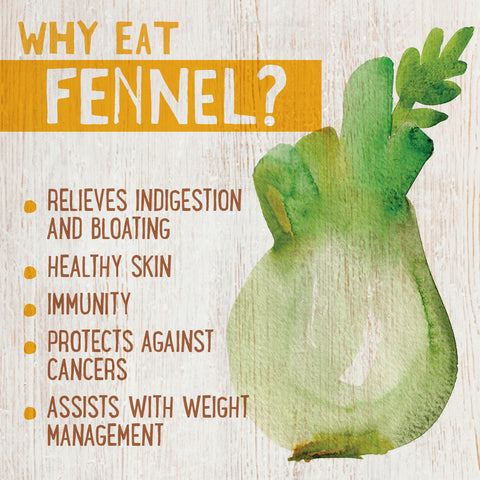
Immunity
Fennel is a winter vegetable and thank god for that, as it’s a fantastic way to avoid the common cold this winter! Fennel is packed full of Vitamin C, which acts as a powerful immune booster and antioxidant. Specifically it helps to remove free radicals that can cause damage to your body and also helps prevent inflammation, which can cause arthritis and other chronic disease.
Protects against cancers
There are a variety of nutrients in fennel that play an important role in protecting you from various cancers. Selenium is a mineral that isn’t present in most fruits and vegetables, but can be found in fennel. It plays a role in helping to remove some cancer-causing compounds from the body. The high fibre content of fennel is also associated with a lowered risk of colorectal cancer. Fennel also contains an array of powerful antioxidants like Vitamin A and Beta-carotene, which help to protect the body from free radical damage.
Assists with weight management
Like all vegetables, fennel is low in energy (kilojoules/calories) and rich in nutrients. The high fibre content of fennel also assists in weight loss and maintenance. This is because fibre helps to create a feeling of fullness after eating it, thereby reducing your appetite and lowering your overall energy intake. Fibre also helps to achieve optimal blood sugar levels helping prevent or manage type 2 diabetes.
Our favourite ways to enjoy fennel:
- Roasted fennel bulbs in extra virgin olive oil
- Use the stalks as a soup base or stock
- Sauté the leaves and stalks with onions and chilli flakes for a quick and easy side


